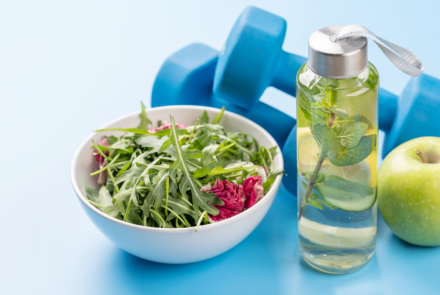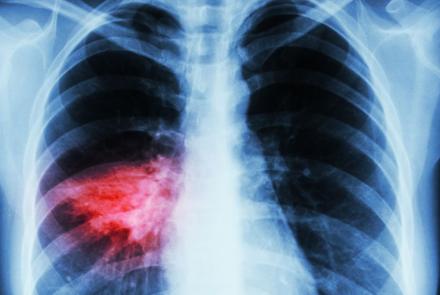Changes to Your Diet Can Help Prevent Painful Stones
Kidney stones don’t always cause pain. But for some people, kidney stones can be very painful. In some cases, if left untreated they can even be dangerous. “Some kidney stones can pass through the body on their own, but bigger stones can get stuck and need to be treated,” said Michal J. Tracz, M.D., a kidney specialist at Highland Medical, P.C., Rockland Renal Associates in West Nyack, N.Y. “If a stone is infected, it’s a medical emergency and requires immediate treatment.”
What are Kidney Stones?
Kidney stones are hard, pebble-like pieces of material that form in one or both of your kidneys when high levels of certain minerals are in your urine. A small kidney stone may pass through your urinary tract on its own, causing little or no pain. A larger kidney stone may get stuck along the way. A kidney stone that gets stuck can block the flow of urine. This can cause severe pain or bleeding.
The classic sign of a kidney stone is pain in your side between the upper belly and the back that radiates into the groin, Dr. Tracz said. Other signs may include burning when you urinate, lower abdominal discomfort and blood in the urine. If the pain quickly progresses to fever and chills, you need to get to the emergency room right away, Dr. Tracz said. “That’s a sign of an infected stone, which can lead to sepsis, a life-threatening medical emergency,” he said.
Kidney stones tend to run in families. “If one or both of your parents had stones, you’re likely to have them too,” Dr. Tracz said.
There are four types of kidney stones. The most common is calcium oxalate stones. If you have stones more than once, you’re likely to have them on an ongoing basis unless you change your diet, he said. A person treated for kidney stones will have their urine evaluated in the lab to determine what type of stone they have, and the best way to prevent future stones.
Kidney Stone Treatment
Stones that are small (less than 5 millimeters) often can pass through the ureter, the tube that connects the kidney to the bladder. Stones that are over 6 millimeters generally won’t pass through the ureter without help. The drug tamsulosin (Flomax), used to treat an enlarged prostate, can help relax the ureter so a larger kidney stone will pass through.
In some cases, a urologist will remove a stone or break it into smaller pieces using one of several surgical techniques.
Preventing Kidney Stones
For people with calcium oxalate stones, changing your diet is key to prevent future stones, Dr. Tracz said.
Drink plenty of fluid – enough to produce 2.5 liters of urine per day. The best liquid to drink is lemon water, Dr. Tracz said. Squeeze fresh lemon into the water. The lemon has citrate, a molecule that helps prevent stone formation.
Reduce the amount of oxalate in your diet. Oxalate is a compound found in foods including nuts and nut products; rhubarb; spinach; and wheat bran.
Eat the recommended amount of calcium. Don’t avoid calcium if you have calcium-based stones. Calcium in foods helps keep your bones healthy. Most people need about 1,200 milligrams of calcium daily.
“What you eat matters when it comes to your risk of forming kidney stones,” Dr. Tracz said. “Making changes in your diet can help you avoid going through the pain of kidney stones again.”






